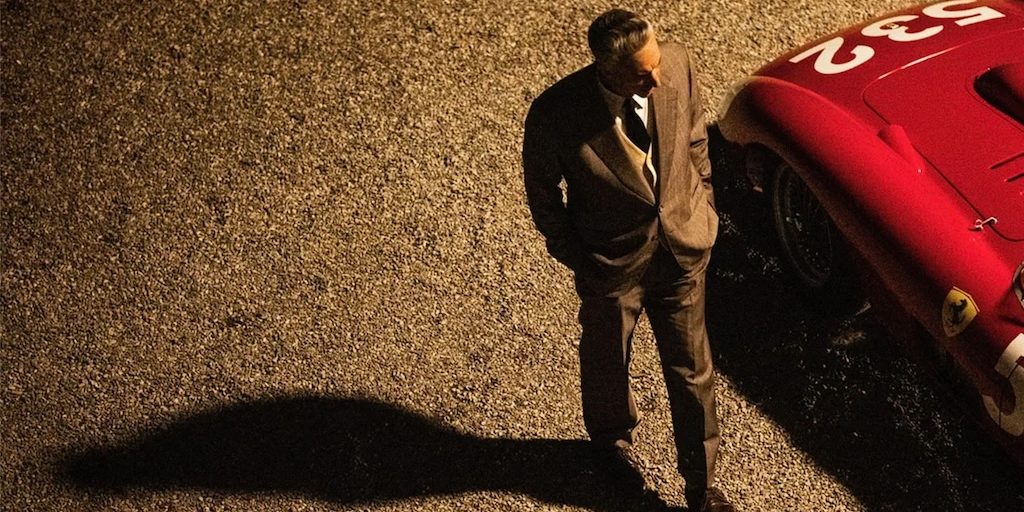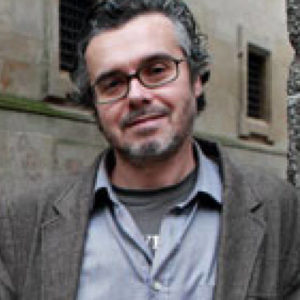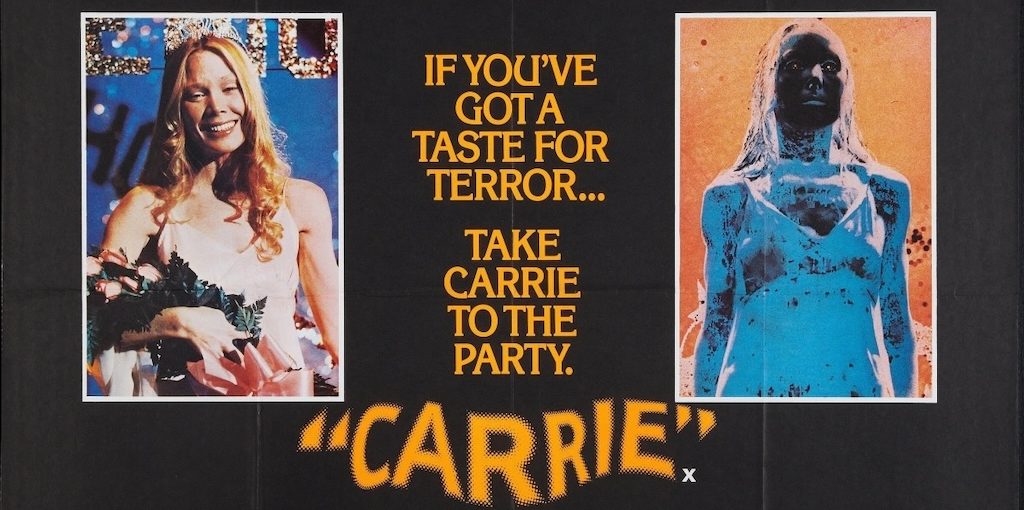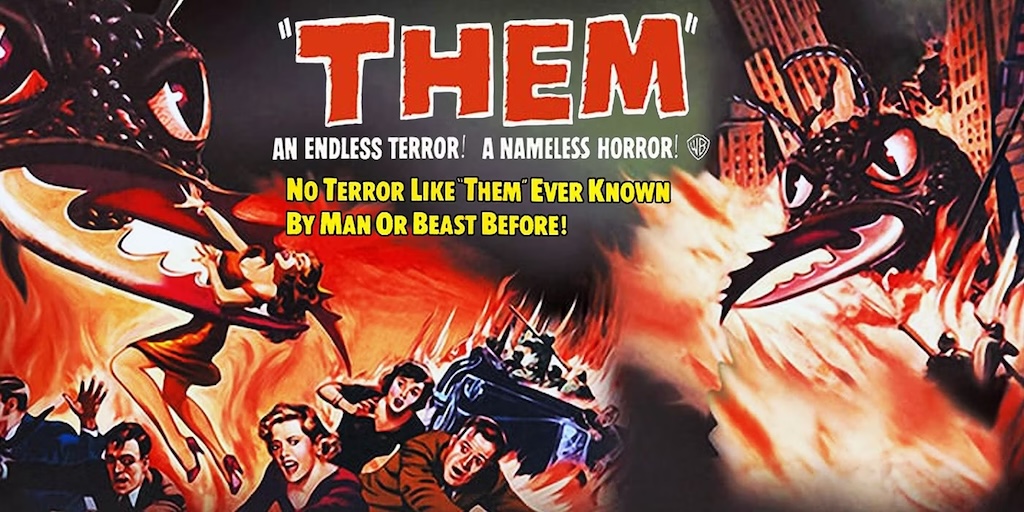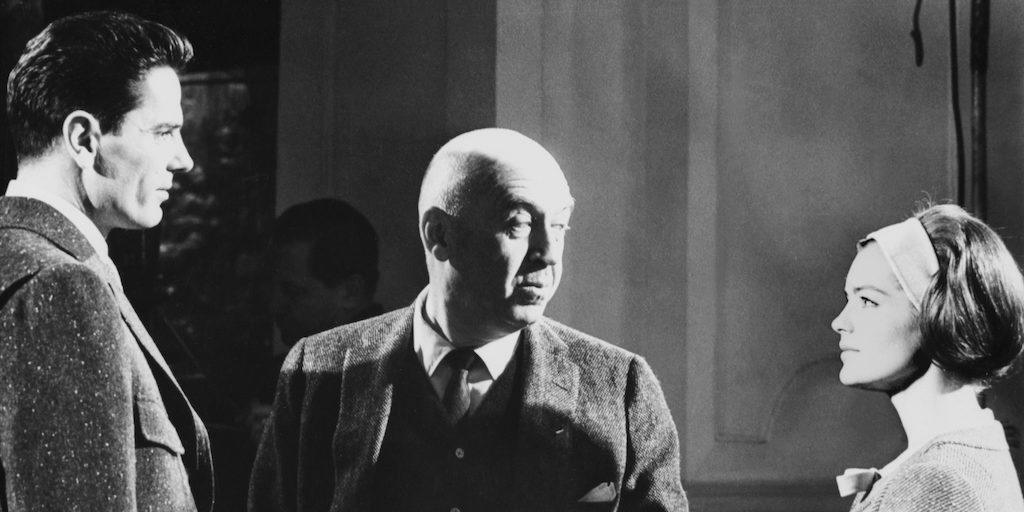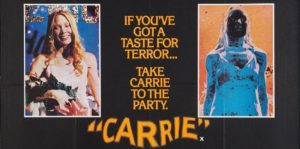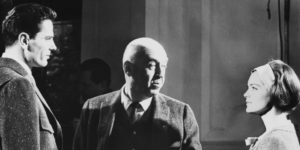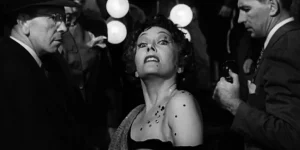THE GLARING SILENCE OF THE ROARING VEHICLE
An ancient matter present in criticism ––both in film and theater, as well as literature–– and less addressed today is that of the creative fitness of filmmakers. Or, more properly said, when the signs of exhaustion begin to show, the red flags that point out that biology or inactivity have removed once uncontested auteurs from the playing field. This is taken into consideration with the full-fledged blowout Michael Mann experienced at the Venice Film Festival with his much expected return, Ferrari. It was taken for granted that one must expect from Mann something like the films he delivered between 1995 and 2005, when he offered Heat, The Insider, Collateral and Miami Vice to the world. It is true that perennial fruitfulness has accompanied filmmakers such as Manoel de Oliveira, Godard or Eastwood to ages beyond usual. But the decline or exhausted inspiration are the norm. And many forgot that until Ferrari’s screening Michael Mann has not directed a feature in eight years, and we are talking about a piece unbecoming of his talent such as Blackhat (2015). Public Enemies (2009) was a technically dazzling shell but far from his best efforts.
In Ferrari, and in its radical absence of cinematic energy, the handprint of an auteur that displayed like few others a cinema of a protean strength ––both visual and narrative–– like an established brand now turns out to be unrecognizable. And at a running time of almost two and a half hours it is a slow and fainting imitation of Michael Mann’s signature style. To put it in layman’s terms, the film’s dramatic speed is more proper of the Flintmobile than of those hot rods with which Mann took possession of American Cinema at the end of last century.
Ferrari’s proposal ––which Mann has been working on for more than a decade–– is not a biopic that encompasses different stages in the life of the automobile designer and captain of industry. It stays and centers in the year 1957, a critical moment for Enzo Ferrari, Il Commendatore. These are times of personal crisis ––the sickness that ends with his son’s life as well as the open conflict that was his bigamy–– and at crossroads with his company, at the verge of finding himself forced to sell it to the highest bidder, whom always was FIAT. And it is the year where every card on his survival is being played on one race (the legendary Mille Miglia) that goes around all Italy. And culminates with a horrific accident that costed the life of his pilot, Spaniard Alfonso de Portago, and ran over a dozen spectators. From there comes the idea of the fatum that pursues this agonist ––from there surely comes Adam Driver’s poker face––, although some will prefer not making a lot of fuss about the tragic signals displayed by the film and will barely talk about the shadow of a jinx who sees how death closes in on him within his inner circle.
A jinx and a bigamist he may be, but not necessarily a charismatic one. Because in Ferrari the narrative inanity and the rampant absence of that film tempo upon which Michael Mann used to reign end up driving the dramatic tension to the ground. Not even the planning of the race scenes restore the director’s own instinct to set that roaring vehicle (cavallino rampante) into motion. Such was the moniker given by Ferrari himself in the 1920’s and upon which futurists poets such as Marinetti sung about, associating the engine to the mussolinian imperial vigor, running on all cylinders after the March on Rome.
But in Ferrari ––as stated above–– nothing marches at all. And neither helps the decision ––unacceptable for these times–– that all characters speak in English, sometimes with one than another hint of Italian, especially when handled by a Penélope Cruz ––here portraying Ferrari’s legitimate wife, very angered upon finding out about his double life–– who also bleeds out for her character’s lack of soul. Although the actress is idolized at the Festival to such an extent they already sense her as their new Anna Magnani. To each his own.
I do not know if Ferrari, already sentenced at the Festival, will be the definitive fade-out for an already octogenarian Michael Mann. He is preparing a sequel to Heat and apparently a biopic on Sam Giancana, the Mafia Don who did not forget securing the Chicago votes that got Kennedy elected President. But for all to happen it is necessary for his camera to roar like old times and orchestrate in the frenzy as a cosmogony.
![]()
Director: Michael Mann. Writing Credits: Troy Kennedy Martin, Michael Mann, Brock Yates. Cast: Adam Driver, Shailene Woodley, Sarah Gadon, Penélope Cruz, Patrick Dempsey. Producers: Monika Bacardi, Thomas Hayslip, Andrea Iervolino, Michael Mann, Laura Rister, Thorsten Schumacher, Lars Sylvest, P.J. van Sandwijk, Gareth West. Running Time: 130 minutes.

